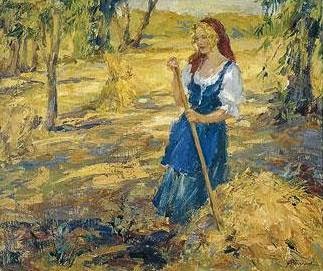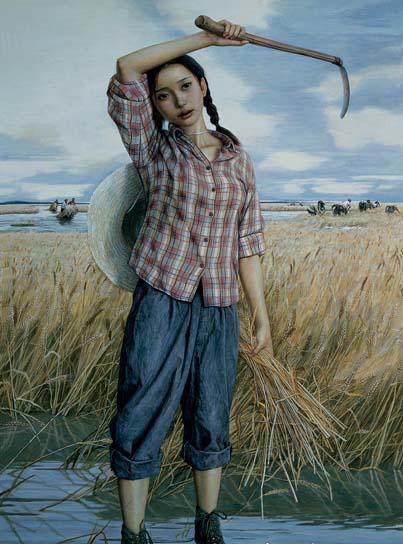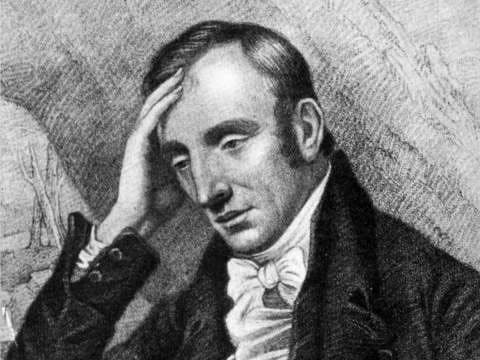Walter Pater defines Romanticism as an “addition of strangeness to beauty”; Wordsworth detects in the common aspects of life, “the light that never was on sea or land.” It is the obscure light that Wordsworth detects to be in unison with the aspects of nature. Thus in the theme of Romantic transcendentalism, the poem Three Years She Grew in Sun and Shower is constructed where the figure of Lucy has detected and got united with the spirit and flesh of Nature. In her death, she is clad with the bounties and beauties of nature. Living amidst Nature has a salutary effect on the person who is invested with special dignity.
Three Years She Grew in Sun and Shower Themes
Personified Nature dominates the poem, but with a radical difference from the static visual personifications of much pre-Romantic poetry. Here, Nature has a voice both of a feminine figure ready to nurture Lucy to growth and the male figure that would impregnate Lucy with the prospect of ascendency. Into this mould is constructed the Romantic theme of harmony between man and nature. Nature will be the guardian angel to cause the eruption of Lucy from being an infant to become a woman. If Lucy is a flower, she has been sown to be reaped, in Nature’s view.
The theme of love for Nature is developed in a kinship with humanity. A Lucy will learn about the silence of the storm to contemplate nature off all things. She will eventually attain the mold of “Maiden’s form”. Wordsworth in Tintern Abbey emphatically asserts “Nature never did betray/The heart that loved her” and states his belief that Nature has the privilege of leading us from “Joy to Joy”. Nature, here, has vowed to accompany Lucy “While she and I together live/Here in this happy dell.” The benevolence of Nature is a protective shield behind which Lucy will grow to explore horizons.
The poem is also invested with the idea of the Romantic fulfillment of growth and maturity where one is ripe with the wisdom of Nature. When the state of satiety is reached, sleep is prescribed as a balmy rest. Lucy, when she has grown to become the image that Nature wants her to be, she is blessed with eternal sleep to be at unity with supreme reality.
The theme of children equated with innocence is also dealt with in this poem in the manner of William Blake. In the ‘Introduction’ to The Songs of Innocence
This percolates into the final theme of Romantic Agony- the shadow inevitable falls between desire and destiny. Nature has returned to the poet with the knowledge that Lucy would always be what he had imagined, a vision of distant imagination. That which was a vision of fancy of Lucy on the poet’s part becomes solely Nature’s plan of action. This Maiden will be Lady to Nature, and to Nature only leaving for the poet memories to reality to inhabit and cohabit.
Some online learning platforms provide certifications, while others are designed to simply grow your skills in your personal and professional life. Including Masterclass and Coursera, here are our recommendations for the best online learning platforms you can sign up for today.
The 7 Best Online Learning Platforms of 2022
- Best Overall: Coursera
- Best for Niche Topics: Udemy
- Best for Creative Fields: Skillshare
- Best for Celebrity Lessons: MasterClass
- Best for STEM: EdX
- Best for Career Building: Udacity
- Best for Data Learning: Pluralsight












